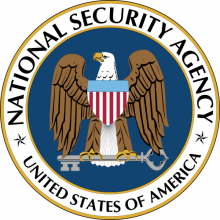Canadian Heartbleed hacker arrested, charged in connection to malicious bug exploit
A 19-year-old student has been arrested for allegedly exploiting the Heartbleed vulnerability to steal taxpayer data from as many as 900 Canadians, authorities said Wednesday.
The arrest of Stephen Arthuro Solis-Reyes by the Royal Canadian Mounted Police marks the first time authorities anywhere have publicly levied charges in connection to the malicious exploitation of a defect in the widely used OpenSSL cryptography library.












































































